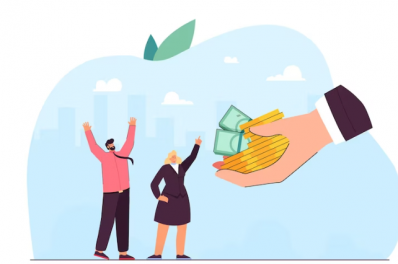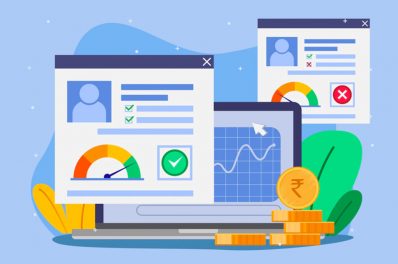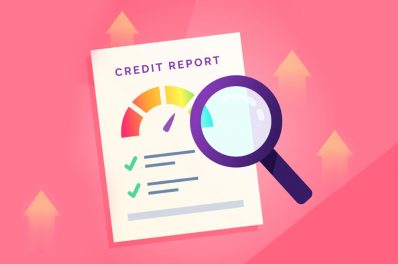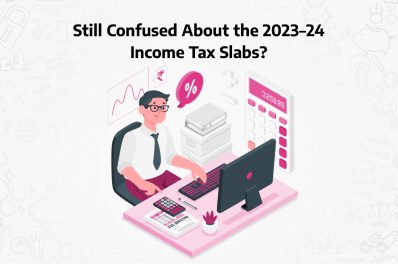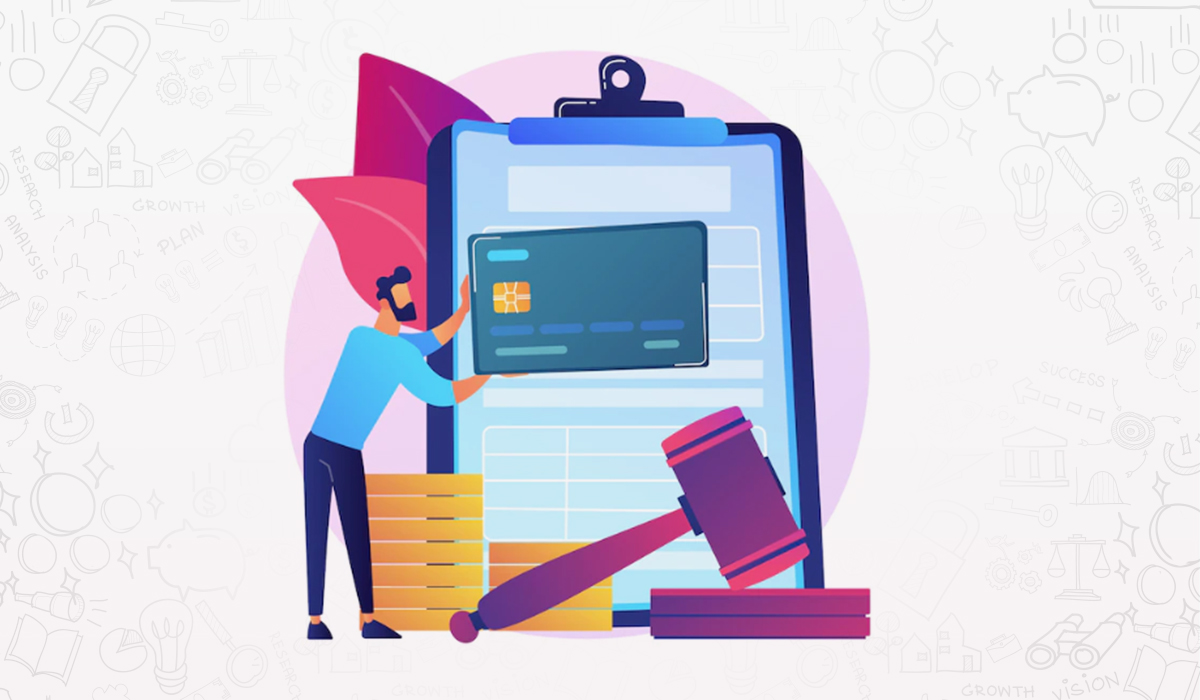
Your CIBIL score is one of the most significant factors that affect your eligibility to get a new loan or credit card. Ranging from 300 to 900, your credit score must be 630 or above so that you can apply for a loan from a reputed lender. You may do a CIBIL score check free online. If it is lower than 630, there are several valuable tips to improve your credit score fast. However, if you have noticed a sudden dip in your credit score, there can be several reasons for it.
1. You Applied for a New Loan
Lenders pull a hard inquiry on your credit report whenever you apply for a new loan. They do this to see how well you manage your finances and whether you are regular with your repayments before lending you money. A hard inquiry on your report can temporarily lower your credit score, which you can revert with regular payments of your EMIs.
Hard inquiries are not necessarily bad for your credit history if they are done in moderation. After all, applying for a loan and repaying it in time is one of the most successful tips to build credit and improve credit score. When you pay your EMIs on time before the due date, you will see an increase in your CIBIL score.
To minimise the number of hard inquiries on your credit report, compare lenders first and choose the best one instead of applying for several loans at a time. Do your research well and apply for one lender that best suits your eligibility, budget, and requirements. If you want to apply for new loans, spread your applications out over time. Apply for a loan only when required and wait for as long as possible between loan applications, especially if your score is already low.
2. You Recently Made an Expensive Purchase on Your Credit Card
Many people use their credit cards to make large purchases because they do not need to pay the entire cost upfront. However, leaving a large balance on your card may lead to a high credit utilisation rate and reduce your credit score. Your credit utilisation rate measures how much credit you have used from your credit limit available. You must keep this rate minimum since using most of your available credit poses you as a high-risk borrower, which the lenders and credit card issuers do not like. Ideally, you must keep your credit utilisation ratio less than 30-40%.
Whenever you make a large purchase on your credit card, ensure that you pay off its maximum before the end of the billing cycle. Carrying a large balance on your card will increase your credit utilisation rate and cost you a lot with a high interest rate.
Also Read: 11 Common Financial Mistakes You Must Stop Making Right Now to Improve Your Credit Score
3. You Missed a Loan EMI
Your payment history is one of the most crucial factors that determine your CIBIL score. Missing a loan EMI can have an immediate negative impact on your score. Lenders give a lot of attention to whether you are consistent with your EMI payments or not. If you miss your repayments, lenders may perceive you as a high-risk borrower.
If a missed payment is the reason for your dropped credit score, you can quickly retrieve it by making your payment along with the interest rate and late payment charges. Remember, a history of timely payments is crucial to your credit score.
4. You Paid off an Existing Loan
While paying off your credit card balance increases your CIBIL score, paying off an instalment debt may actually have the opposite effect. This is because paying off a loan means that you now have one less account in your name and your available credit limit also decreases. Having different types of credit in your profile, including secured, unsecured, long-term, and short-term loans, makes a large percentage of your credit score since it shows that you can manage different types of credit responsibly.
However, do not avoid paying off your loans due to the fear of losing your credit limit and decreasing your credit score. Being free of debts is helpful for your financial health, and retaining your loans and paying interest charges unnecessarily makes no sense.
5. You Closed an Old Credit Card
Closing a credit card, especially an old one, can significantly hurt your score since it not only reduces your overall available credit limit but also brings down the age of your credit history. Remember, your credit history makes a large percentage of your CIBIL score. That is why experts suggest starting building credit from a young age and retaining old accounts and cards even if you are no longer using them. The more extended history you can keep, the better it is for your score.
So, there can be several reasons why your CIBIL score may have dropped suddenly. However, one good news is that most of the score dips are temporary and easy to recover. Most of the time, paying off a loan and applying for a new one will only benefit you in the long run despite the initial fluctuation. Just check CIBIL score from time to time and be alert whenever you notice a reduction in it suddenly.



